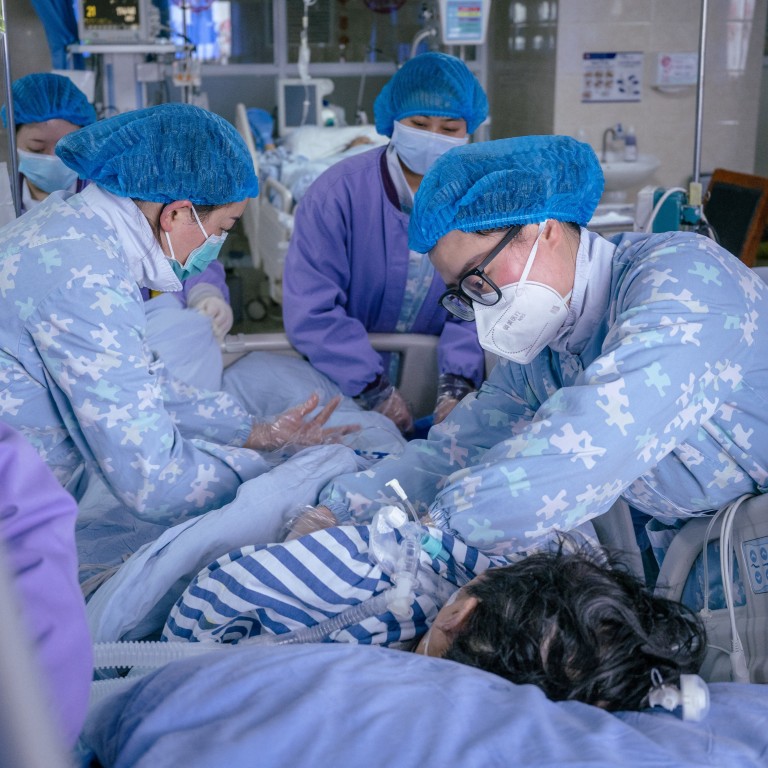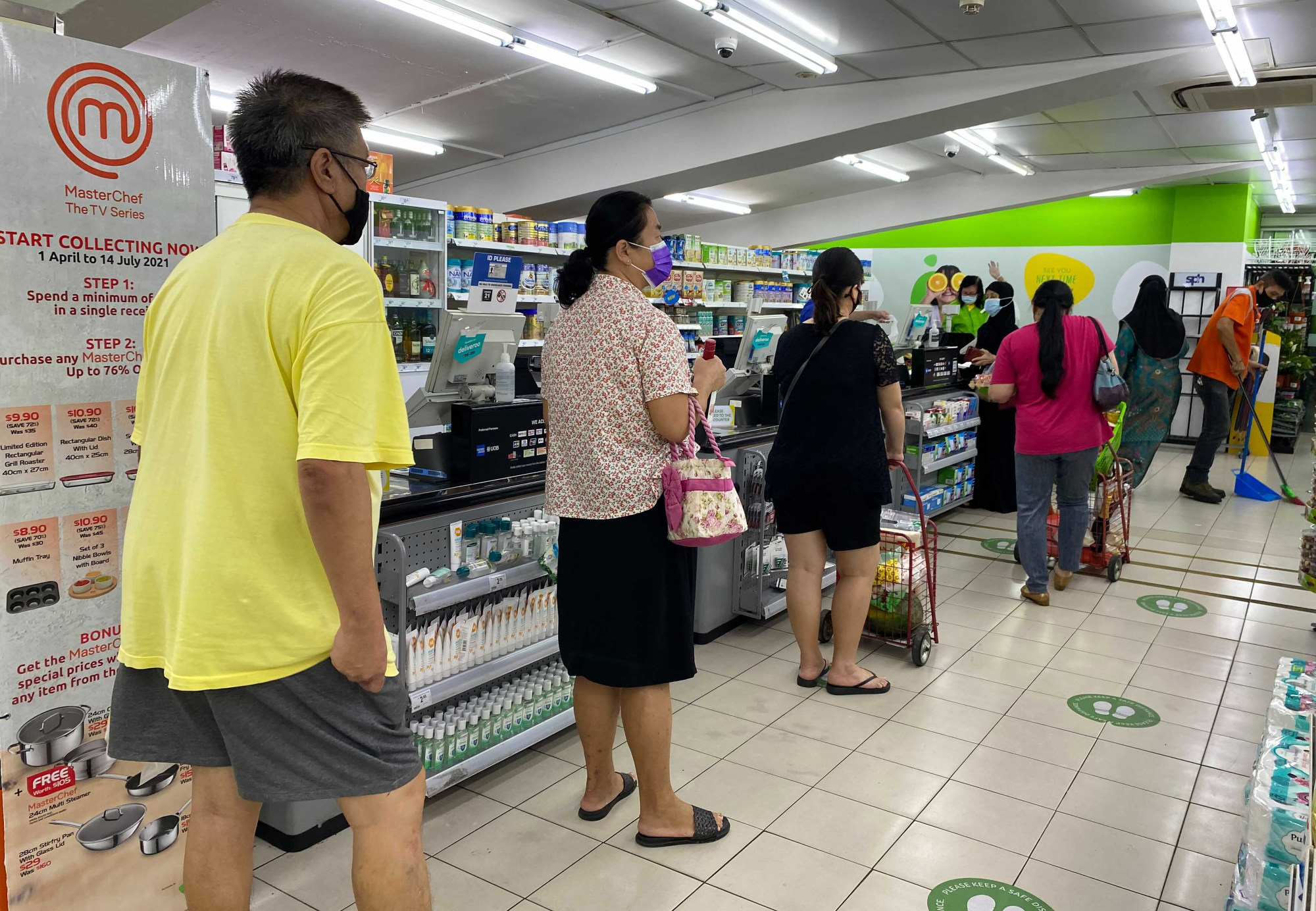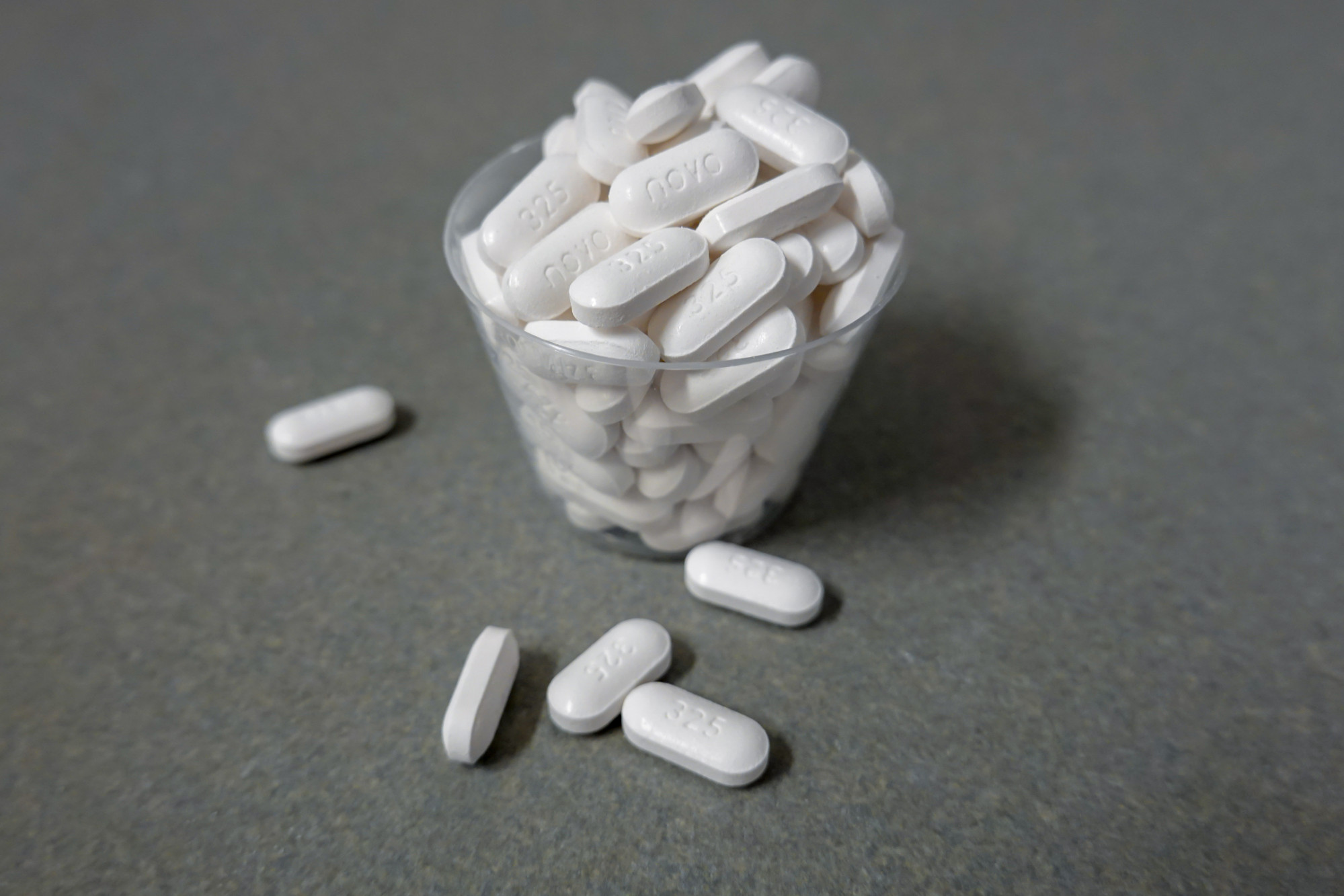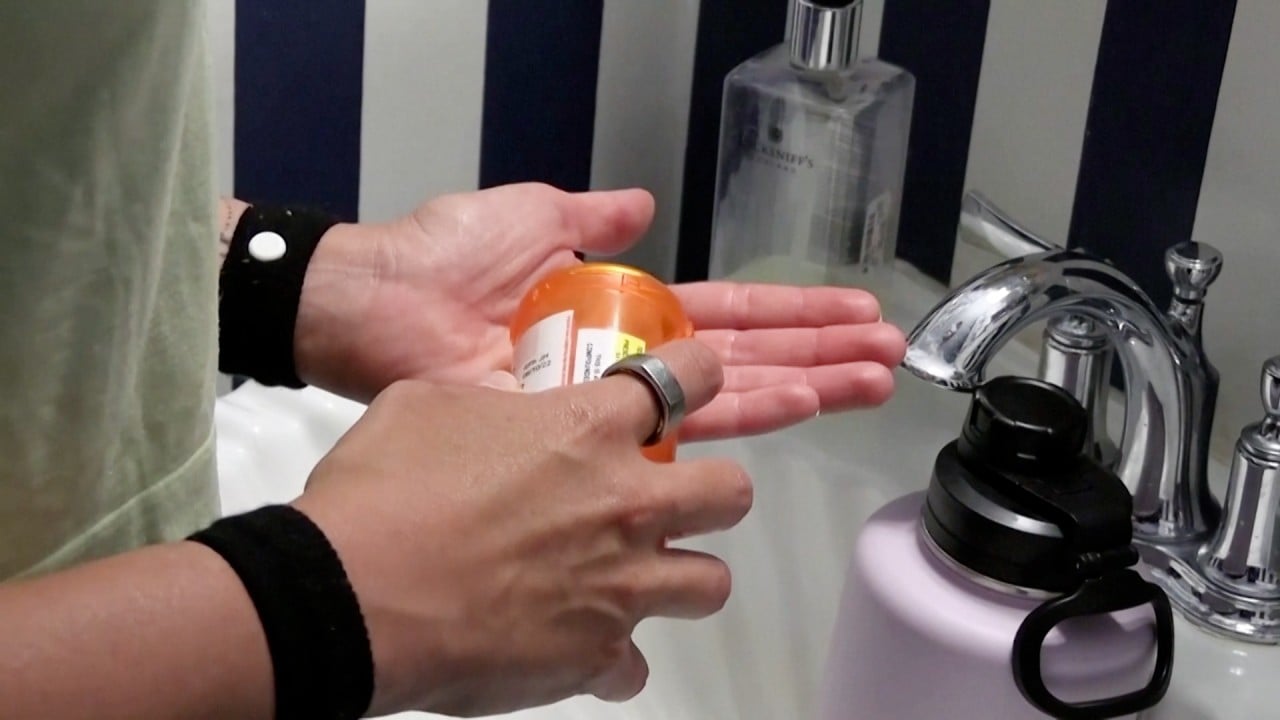
Long Covid casts a long shadow over Asia as patients cry out for a cure
- Studies suggest that 10 per cent of infections result in long Covid – though neither Singapore nor Malaysia track how many people have it
- The postviral condition has no known cure, with patients only receiving treatment for their symptoms like pain, fatigue and breathlessness
Before he caught Covid for the second time in August last year, Aaron* was “at the peak of his life”. He had just been promoted, was going on plenty of dates and like most people in their thirties was in good health.
But that all changed as he began to suffer from insomnia, heart palpitations and fatigue that made him feel perpetually “cold and weak”. In a matter of months, he lost a total of 10kg (22 pounds) – going from muscular to “bony”.
Even a trip to the supermarket became too laborious for the 37-year-old technician.
“I became very skinny and dependent on my parents. I don’t have the energy to do much and I don’t know why,” he said. “I used to enjoy hanging out with friends but by December, I had no strength or energy. Now, my mum has to get my groceries and cook for me.”

Aaron tried everything he could think of – consulting multiple specialists, checking himself into a mental health facility and even visiting a temple – and received a string of different diagnoses, before finally learning from a specialist that he had long Covid.
The condition, in which lingering effects continue for weeks, months or even years beyond the initial infection, is of growing concern in Asia as the world attempts to move on from the pandemic.
Some sceptics had initially dismissed the condition out of hand, yet an increasing number of studies now suggest that long Covid is not only real but could have lasting consequences.
A study published this week by the largest workers’ compensation fund in New York found that about 71 per cent of people with long Covid required medical treatment or were unable to work for six months or more. Some 18 per cent of patients – most of whom were younger than 60 – had still not returned to work more than a year after their initial infection.
Long Covid could be longer – and worse – than we thought, study finds
Those with long Covid who spoke to This Week in Asia said that they, like Aaron, had struggled to be diagnosed – visiting many different doctors before eventually learning that they had the condition.
Gina’s* symptoms – fatigue, constipation, insomnia and pain in different parts of her body, among others – were so severe that she found it difficult to work and eventually led to her leaving her job as a schoolteacher.
“I’m thankful to the one doctor who suggested that it was long Covid,” the 35-year-old said. “It was quite demoralising when doctors said that ‘it’s not long Covid, it’s irritable bowel syndrome or something else’. But you know yourself that it’s not the case.”
‘Not all doctors are familiar with it’
Both Aaron and Gina joined a long Covid support group on Facebook, where patients share their experiences, post articles about the condition and send encouraging messages to one another.
The group’s moderator, who only wanted to be known as Alan, said that he created it to raise awareness, which appears to be sorely lacking in much of the medical community.
Postviral conditions are nothing new and were known about before the pandemic, the 29-year-old said. “It’s just that for Covid it’s so widespread and I feel that not all doctors are familiar with it.”
He said he’s heard of doctors who “downplay” symptoms or, more troubling, prescribe long Covid patients psychiatric medication because of a lack of standardised treatment protocols.

“If there’s no answer on hand some of them look at it as a need for psychological treatment. So I continued on with my doctor who knows long Covid,” Alan said.
This has led to demands for the government to offer more support to those with long Covid, and calls for experimental treatments – there are no proven remedies for the condition – to be rolled out.
“Being a long Covid sufferer is really torturous because of all the things you have to go through,” Aaron said. “My muscles and joints ache and hurt, I have a ringing in my ears, I sometimes feel a weird pain in my head. But I have no choice but to continue working.”
Lack of tests makes diagnosis difficult
The World Health Organization published a standardised clinical case definition of long Covid in 2021, but experts say diagnosis is still a challenge. Singapore’s health ministry doesn’t even track the number of long Covid patients there are in the country.
Much about the condition is still unknown and no blood test yet exists that can correctly identify every case of long Covid, said Dr Paul Tambyah, president of the Asia-Pacific Society of Clinical Microbiology and Infection
“Many individuals, including some of my patients, have blood tests which have completely returned to normal, while others have continued to show increased inflammatory markers – whether they have symptoms of long Covid or not,” he said.
I just want to be myself again. I hope that the authorities can speed up on finding a cure for this
An added complexity comes from the changing nature of the condition as the pandemic has progressed, said Barnaby Young, an associate professor and head of the Singapore Infectious Disease Clinical Research Network at the National Centre for Infectious Diseases (NCID).
“This is as a result of changes in the virus from the ancestral strain to the current Omicron variant, the availability of effective vaccines and boosters and probably treatments during the [period of] acute illness,” he said, further emphasising the difficulties of diagnosing long Covid because it can’t be identified through physical examination or other standard medical investigations.
Experts believe that the best protection from long Covid is vaccination and to date more than 90 per cent of Singapore’s residents have received at least three doses of a Covid vaccine.
Still, a multi-centre study led by the NCID found that one in 10 patients in the city state who recovered from their initial Covid infection had symptoms that lasted for six months after first contracting the virus.
Existing treatments for symptoms are “not particularly effective”, said Dr Muruga Raj Rajathurai, president of the Malaysian Medical Association, and “diagnostic criteria and lab tests for long Covid are lacking”.
“We have no real figures for the prevalence of this condition,” he said. “It would be useful for infectious-disease specialists to try and come up with figures for Malaysia … We should study it and treat it when and where possible.”
Meanwhile, Malaysia’s health ministry has launched a campaign for more people to get vaccine booster shots, as according to government data about 50 per cent of the population has had one, but just 2 per cent have had their second.
What more can be done?
Long Covid patients in Singapore currently undergo multidisciplinary therapy comprising customised exercise programmes, cognitive rehabilitation and strategies to cope with distress, said Dr Lim Jeong Hoon from the city state’s National University Hospital.
But he said more awareness of the condition is needed citing the example of the US, where long Covid has been classified as a disability under the Americans with Disabilities Act.
Dr Tambyah said he was optimistic that a specific biomarker for long Covid will eventually be identified, given the amount of money and resources that have been dedicated to researching the condition – in the US in particular.
“I think this would help both patients and doctors as they would have something to monitor – a bit like a blood sugar level in someone with diabetes,” he said.
Will revised Chinese law help prevent diseases jumping from animals to people?
Meanwhile, long Covid patients like Aaron are simply hoping for life to return to something like normal, as he struggles to make it through each day.
“I just want to be myself again,” he said. “I hope that the authorities can speed up on finding a cure for this. What they can do is to look at what doctors elsewhere are doing and try to see if it works because all of us are suffering.”
*Name changed at interviewee’s request



